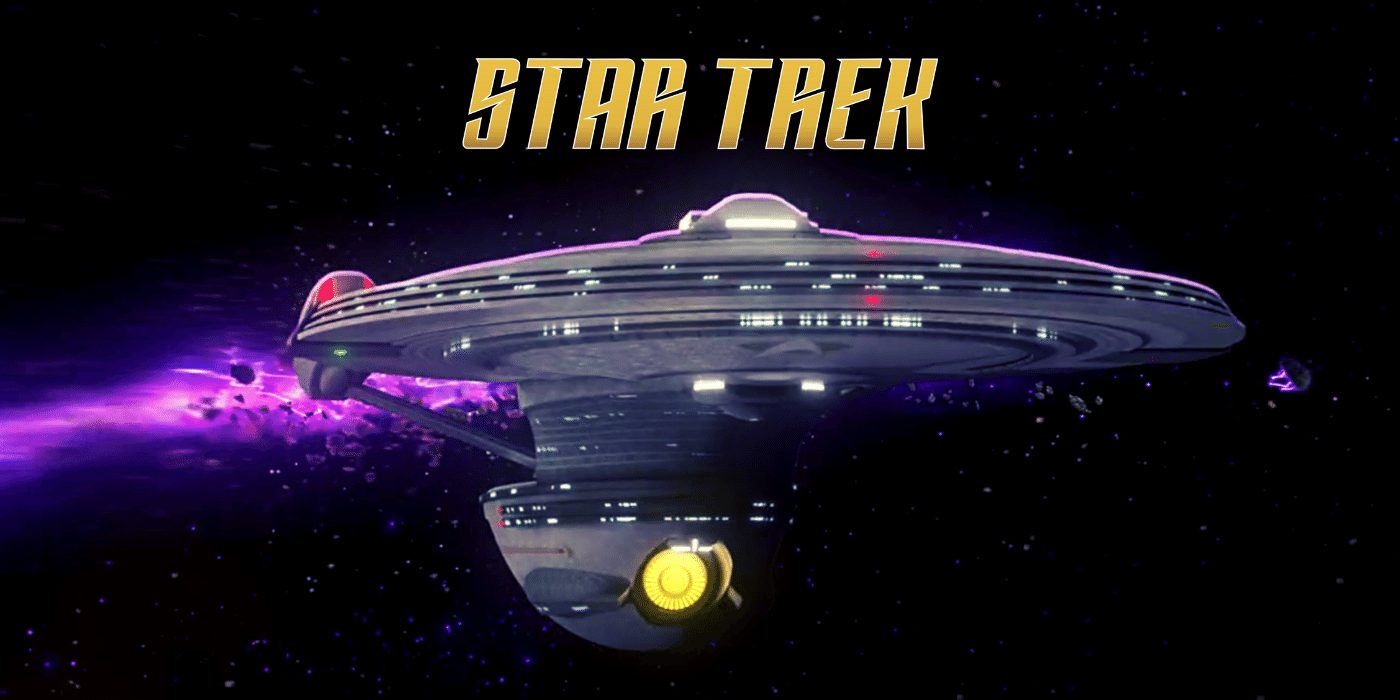Many ‘Trekkies’ have taken to social media to criticise the release of Star Trek™ NFTs for being contrary to the spirit of the iconic TV and film franchise.
The NFT collection, issued by Paramount via the RECUR marketplace on April 9, featured “algorithmically generative starships” at US$250 a pop, with more than 8,000 sold during the 24-hour sale.
While RECUR had urged people to “boldly go into the unknown” by getting involved in the NFT launch, a large number of fans felt the move was “highly illogical” – if not in direct opposition to Star Trek’s values – and were quick to bring out their Picard facepalm GIFs:
The brainchild of Gene Roddenberry, the original Star Trek™ television series aired in the late ’60s and has since spawned multiple spinoffs and had a huge impact on popular culture – it’s particularly well-loved for its optimistic portrayal of a utopian future free from bigotry and materialism.
Sale Did Not Live Long or Prosper
The NFT drop had mixed success for Paramount. Reports say the ‘Admiral Pack’, which contained 5,000 unique Constitution or Constitution Refit starship NFTs, sold out within minutes. However, just 3,000 of a potential 150,000 of the ‘Captain Pack’ featuring other starships were snapped up during the 24-hour public sale.
The environmental impact, quality of the images, and the high cost of the NFTs on offer were points of contention for many.
Some fans shared publicly that they’d declined the chance to be paid to promote the NFT drop, while others suggested that negative feedback was being hidden:
NFTs Prove Hit-and-Miss For Brands
The Star Trek™ collection is not the first NFT release from a brand that’s been deemed exploitative and resulted in community backlash. Australian airline Qantas encountered pushback when it recently issued a digital collection of memorabilia, and fans were so unenthused by Liverpool FC’s NFT launch that less than 6 percent sold in the first week.

